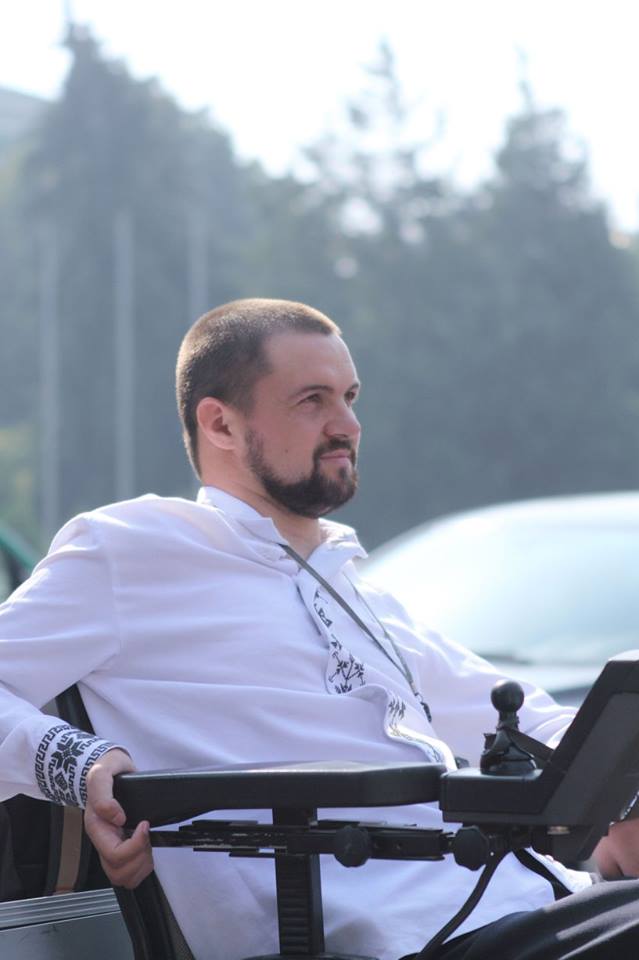On the 26th of October 2014, Ukrainians voted at the early parliamentary elections. Ukraine currently has a mixed electoral system (50% under party lists and 50% under constituencies) with a 5% election threshold. Here are the results of the National Exit Poll 2014.
Since these are not official results, the following analysis is preliminary:
As I argued in February this year, popular support for the far right Svoboda party had dwindled already by the beginning of Euromaidan protests in Ukraine. Svoboda obtained 10.44% of the vote at the 2012 parliamentary elections, but in November 2013 only 5.1% of the voters would have cast a ballot for this party. Moreover, Svoboda failed to recover its lost support during the 2014 revolution in Ukraine, so only 5.6% of the voters would vote for the party in February 2014. At the early presidential election in May 2014, the leader of Svoboda Oleh Tyahybok obtained 1.16% of the vote.
Svoboda's relative failure to mobilise its former electorate can be attributed to the demise of former president Viktor Yanukovych's regime: Svoboda was successful in 2012 because it was considered an anti-Yanukovych party, so with Yanukovych ousted, almost half of Svoboda's electorate was gone too. Furthermore, in 2012, Svoboda was also considered almost the only "patriotic" party, but now all democratic parties are patriotic, so Svoboda has lost its "monopoly" on patriotism.
What should also be noted is that the decline of Svoboda is much deeper than the simple comparison of electoral results in 2012 and 2014 can demonstrate. In 2014, the Autonomous Republic of Crimea and part of the Donbas region did not take part in the parliamentary elections as Crimea is now criminally annexed by Russia, while part of the Donbas region is under control of (pro-)Russian extremists. These two regions voted heavily for Yanukovych's party and the misleadingly named Communist Party of Ukraine and, therefore, brought down the support for Svoboda on the national level. If citizens in Crimea and Donbas had been given a chance to freely vote in the 2014 parliamentary elections, Svoboda's results would have been even worse.
Where did Svoboda's former electorate go? I presume that more moderate voters went back to the national-democratic forces, such as the People’s Front or Samopomich. Part of Svoboda's former electorate apparently went to the Right Sector and Oleh Lyashko's Radical Party. The inclusion of these two parties into the far right category is tentative. As a political party, the Right Sector is ideologically quite different from the movement under the same name that was formed during the 2014 revolution; the party is less radical than the movement, so I suggest the term "national conservative" as a more relevant one. Lyashko's Radical Party is dangerously populist and a typical anti-establishment force. However, both the Right Sector and Lyashko's Radical Party have extreme right members, but they are a minority. In contrast to Lyashko's Radical Party, the Right Sector will not be able to enter the parliament, but its leader Dmytro Yarosh will most likely be elected in one of the single-member districts.
The People's Front led by prime minister Arseniy Yatsenyuk also involved extreme right candidates: Andriy Biletskiy, leader of the neo-Nazi Social-National Assembly and commander of the Azov regiment, and Vadym Troyan of the same affiliation, ran in single-member districts and were supported by the People's Front. At the time of writing, it is not clear whether Biletsky and Troyan have been elected.
The veterans of the Ukrainian far right, the Congress of Ukrainian Nationalists, have failed again. I presume the aim of their participation in the elections is not about getting into the parliament; rather, it is about having official observers in the electoral commissions - sometimes in the past observers from fringe political forces provided "services" to interested parties, i.e. were involved in corrupt schemes.
To conclude this preliminary analysis, the Ukrainian far right forces do not appear to be as successful in the electoral terms as they were in 2012. Populism, however, is still a problem, while relatively large segments of the Ukrainian society fail to recognise the threat that populism poses to the consolidation of democracy in Ukraine.




